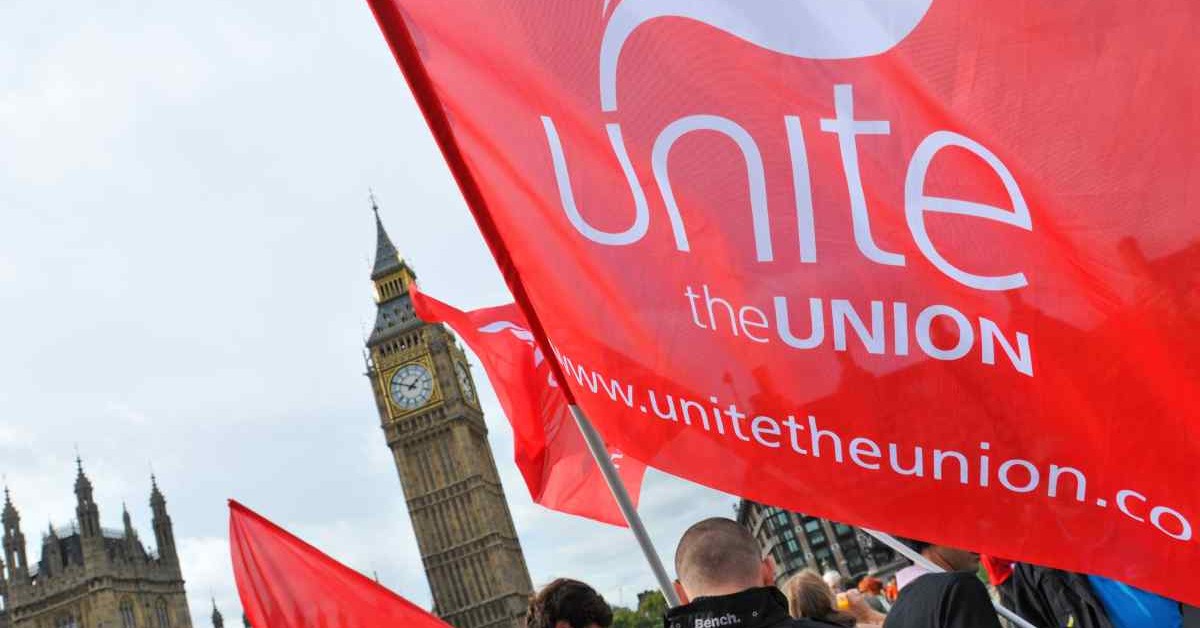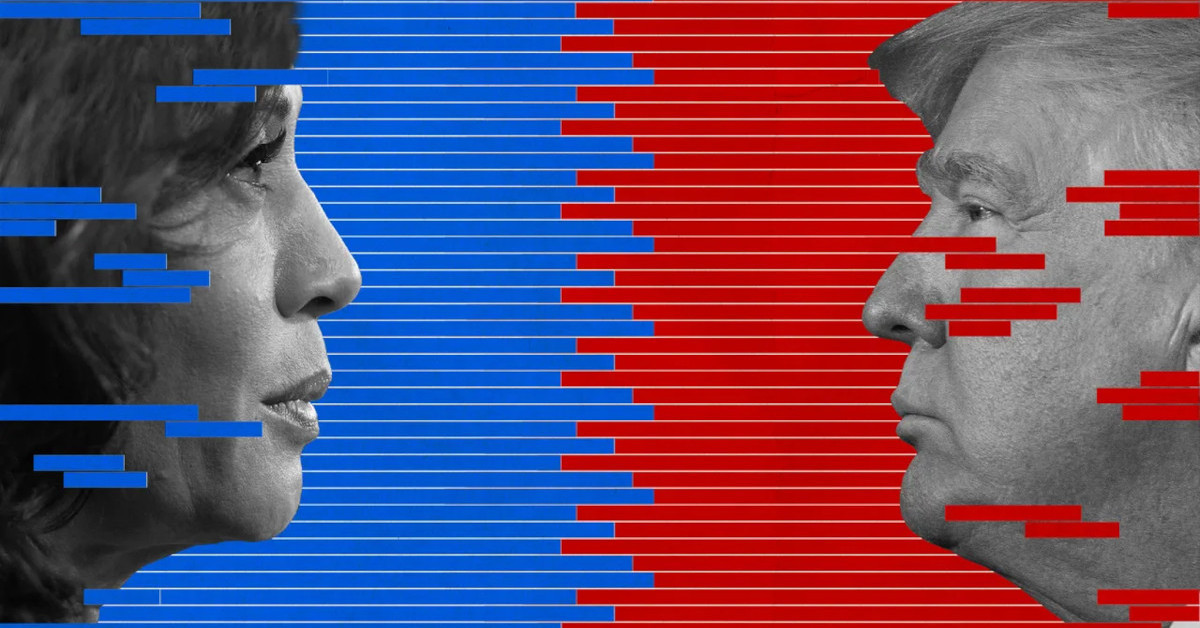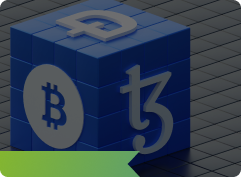Jermy Hunt helps Liz Truss with a vital U-turn
British New Chancellor of the Exchequer was the main reason that government could make a U-turn in some of its economic plans, scraping some of the most controversial parts of the mini-budget.
The budget that is being talked about including major tax cuts, would primarily benefit the highest earners in a time of heightened economic pressure on British households, which faced a lot of criticism and added the pressure on Sterling to test an all-time low. However, later and after a mentioned U-turn sterling got some support. On top of that, the new PM, Mrs. Truss held a press conference last Friday, announcing that she will follow through with the previous government’s plan of raising corporate taxes to 25%, which was welcomed by investors.
The central bank also did not stay away from these changes. The BOE announced a new bond-buying program, to restore order to markets. In this new plan, on Monday Bank of England announced the increase of its gilt market purchase program from a daily maximum limit of GBP5 billion to GBP10 billion for the rest of the last week. However, reports indicate that the program may continue a while longer, creating market uncertainty.
On the economic data front, last week's published GDP data showed that Britain’s economy unexpectedly shrank by 0.3% in August. In addition, industrial and manufacturing data for August missed expectations by a wide margin to confirm that the UK’s economic outlook remains grim. On the other hand, with unemployment falling to 3.5% in August, the UK labor market shows it's still robust. However, the number of claimants for unemployment in September increased by 25.5K from only 1.1K in August.
On Wednesday UK announce the September CPI data. While CPI was expected to increase by 0.4%, a little less than 0.5% last month, September inflation also raised by 0.5%. The annual rate also raised by 10.1%, which is more than 9.9% of the month ago and 10% of market expectations. Inflation is expected to remain at a high level for a period, which will also further increase the pressure on the central bank to raise interest rates.
Earlier this week, the Bank of England denied that it may delay the launch of a quantitative tightening bond issuance program. BoE governor Bailey pointed out that the central bank will use interest rate adjustments rather than asset sales.
Even after all these changes, plans, and U-turns, the recent rebound in gilts and sterling has angered labor groups. Unite UK union secretary Sharon Graham said the strike could reach 1 million people. Strike polling day will begin on October 27 and end on November 25. The wave of employee strikes will seriously affect the normal functioning of the economy and ultimately affect national income and growth.
While from a fundamental point of view we do not see any positive signs, technical indicators, and charts, showing the 1.14 as a key pivot. This level has been breached several times and after important events to show its importance. As long as GBPUSD is trading under this level, we can count on deeper levels. n the flip side, breathing above 1.14 will be followed by breathing at 1.20, then the downtrend can be violated.


















